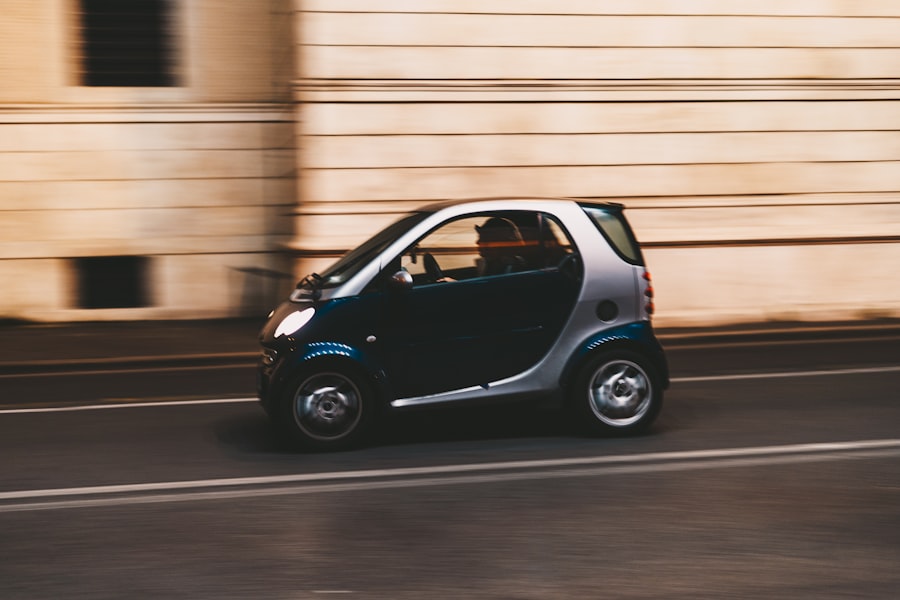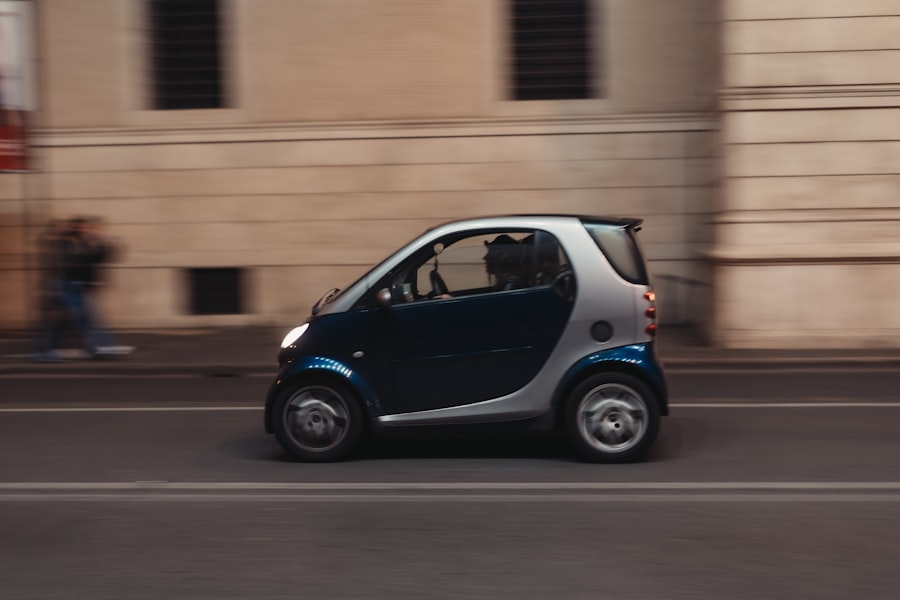Raccoons are intelligent and adaptable mammals known for their dexterous paws and problem-solving skills. These primarily nocturnal animals are omnivorous, consuming a diverse diet that includes fruits, vegetables, insects, small animals, and human refuse. Their excellent climbing abilities allow them to easily access various food sources by scaling fences and trees.
Raccoons have successfully adapted to urban environments, making them prevalent in both rural and suburban areas. Their curiosity drives them to investigate potential food sources, including chicken coops. Once a raccoon discovers a coop as a viable food source, it will likely return repeatedly.
Understanding raccoon behavior is essential for developing effective strategies to protect chicken coops from these persistent animals. Their intelligence, adaptability, and climbing skills make them formidable predators for backyard poultry. Implementing appropriate deterrents and security measures is crucial to safeguard chickens from raccoon intrusions.
Table of Contents
- 1 Securing the Chicken Coop
- 2 Implementing Deterrents
- 3 Monitoring the Coop Area
- 4 Removing Attractants
- 5 Seeking Professional Help
- 6 Conclusion and Recap
- 7 FAQs
- 7.1 What are some effective ways to keep raccoons from killing chickens?
- 7.2 Why do raccoons pose a threat to chickens?
- 7.3 What are some signs that a raccoon is targeting chickens?
- 7.4 Are there any natural deterrents for raccoons?
- 7.5 What should I do if I suspect raccoons are targeting my chickens?
Key Takeaways
- Raccoons are nocturnal and intelligent animals that are attracted to chicken coops for food and shelter.
- Secure the chicken coop by using sturdy materials for construction and adding locks to doors and windows.
- Implement deterrents such as motion-activated lights, sprinklers, and noise-making devices to scare off raccoons.
- Regularly monitor the coop area for signs of raccoon activity, such as tracks, droppings, or damage to the coop.
- Remove attractants like food scraps, garbage, and fallen fruits from the coop area to discourage raccoons from visiting.
- If raccoon infestation persists, seek professional help from wildlife removal experts to safely and effectively remove them.
- In conclusion, understanding raccoon behavior and taking proactive measures to secure the coop, implement deterrents, monitor the area, and remove attractants are key steps in protecting the chickens from raccoon predation.
Securing the Chicken Coop
Reinforcing the Coop’s Structure
Use sturdy materials such as hardware cloth or welded wire to cover windows, vents, and other openings. Make sure that doors and latches are secure and cannot be easily manipulated by raccoons. Consider installing an electric fence around the perimeter of the coop to deter raccoons from approaching.
Deterrents and Alarms
Electric fences deliver a mild shock when touched, which can effectively discourage raccoons from attempting to breach the enclosure. Additionally, placing motion-activated lights or sprinklers around the coop can startle raccoons and make them think twice about approaching the area.
Maintaining a Raccoon-Free Zone
It’s also important to keep the area around the coop free of clutter and debris that could provide hiding spots for raccoons. Trim back any overgrown vegetation and remove any potential food sources, such as fallen fruits or garbage. By securing the chicken coop and making it less accessible to raccoons, you can greatly reduce the likelihood of them targeting your chickens.
Implementing Deterrents

In addition to securing the chicken coop, implementing deterrents can help discourage raccoons from targeting your chickens. One effective deterrent is the use of predator urine or scent repellents around the perimeter of the coop. Raccoons are naturally wary of predators, so the scent of a potential threat can deter them from approaching the area.
Predator urine can be purchased from garden supply stores or online, and should be reapplied regularly to maintain its effectiveness. Another effective deterrent is the use of noise or motion-activated devices that startle raccoons when they approach the coop. This can include devices that emit loud noises or flashing lights when triggered by motion.
These sudden stimuli can scare raccoons away and make them think twice about returning to the area. You can also consider using taste deterrents, such as hot pepper sprays or commercial repellent products, on and around the coop. Raccoons have a keen sense of smell and taste, so these deterrents can make the area less appealing to them.
Be sure to reapply these products regularly, especially after rain or watering, to maintain their effectiveness. By implementing deterrents in and around the chicken coop, you can create an environment that is less attractive to raccoons and reduce the likelihood of them targeting your chickens.
Monitoring the Coop Area
Regular monitoring of the coop area is essential for detecting any signs of raccoon activity and addressing potential issues before they escalate. Check the perimeter of the coop for any signs of digging or attempts to breach the enclosure. Look for tracks, scat, or other evidence of raccoon presence around the coop.
Install security cameras or motion-activated lights around the coop to monitor activity during the night. This can help you identify any patterns or specific areas where raccoons are attempting to gain access to the coop. By staying vigilant and monitoring the coop area regularly, you can take proactive measures to prevent raccoons from targeting your chickens.
In addition to physical monitoring, consider keeping a log of any raccoon sightings or activity around the coop. Note any patterns or behaviors that could indicate a persistent raccoon presence. This information can help you develop more targeted strategies for keeping raccoons away from your chickens.
Regular monitoring of the coop area is essential for detecting any signs of raccoon activity and addressing potential issues before they escalate. Check the perimeter of the coop for any signs of digging or attempts to breach the enclosure. Look for tracks, scat, or other evidence of raccoon presence around the coop.
Install security cameras or motion-activated lights around the coop to monitor activity during the night. This can help you identify any patterns or specific areas where raccoons are attempting to gain access to the coop. By staying vigilant and monitoring the coop area regularly, you can take proactive measures to prevent raccoons from targeting your chickens.
In addition to physical monitoring, consider keeping a log of any raccoon sightings or activity around the coop. Note any patterns or behaviors that could indicate a persistent raccoon presence. This information can help you develop more targeted strategies for keeping raccoons away from your chickens.
Removing Attractants
Raccoons are attracted to chicken coops because they see them as a potential food source. By removing attractants from the area, you can make the coop less appealing to raccoons. Start by securing any food sources, such as chicken feed or scraps, in tightly sealed containers that raccoons cannot access.
Clean up any spilled feed or food scraps around the coop to eliminate potential attractants. It’s also important to secure garbage cans and compost bins to prevent raccoons from scavenging for food in these areas. Use tightly sealed lids and consider using bungee cords or other secure fastenings to keep raccoons out.
By removing potential food sources from the area, you can reduce the likelihood of raccoons targeting your chickens. In addition to food sources, consider removing any potential shelter or hiding spots for raccoons around the coop. This can include overgrown vegetation, woodpiles, or clutter that could provide cover for raccoons.
By eliminating these hiding spots, you can make the area less attractive to raccoons and reduce the likelihood of them targeting your chickens.
Seeking Professional Help

Expert Solutions for Raccoon Infestations
Wildlife control professionals possess the knowledge and experience necessary to effectively address raccoon infestations and implement long-term solutions to keep them away from your property.
Comprehensive Property Inspection
A wildlife control professional will conduct a thorough inspection of your property to identify potential entry points and areas of concern. This allows them to develop a customized plan to address the issue and implement effective deterrents to keep raccoons at bay.
Humane Raccoon Removal and Relocation
In some cases, it may be necessary to trap and remove problem raccoons from the area. Wildlife control professionals have the expertise to safely and humanely trap raccoons and relocate them to a more suitable habitat away from your property. By seeking professional help, you can ensure that your efforts to keep raccoons away from your chicken coop are effective and sustainable in the long term.
Conclusion and Recap
In conclusion, understanding raccoon behavior is crucial for developing effective strategies for keeping them away from your chicken coop. By securing the coop, implementing deterrents, monitoring the area, removing attractants, and seeking professional help if needed, you can greatly reduce the likelihood of raccoons targeting your chickens. Securing the chicken coop is essential for keeping raccoons at bay.
By inspecting for potential entry points, using sturdy materials, installing electric fences, and keeping the area free of clutter, you can greatly reduce the likelihood of raccoons gaining access to your chickens. Implementing deterrents such as predator urine, noise or motion-activated devices, and taste deterrents can help discourage raccoons from targeting your chickens. Regular monitoring of the coop area is essential for detecting signs of raccoon activity and addressing potential issues before they escalate.
Removing attractants such as food sources and shelter around the coop can make it less appealing to raccoons. If despite your best efforts you continue to experience issues with raccoons targeting your chicken coop, seeking professional help may be necessary to effectively address the issue. By taking these proactive measures and staying vigilant, you can create an environment that is less attractive to raccoons and ensure the safety and well-being of your chickens.
If you’re looking for tips on how to keep raccoons from killing chickens, you may also be interested in learning about the importance of providing a secure coop for your turkeys. Check out this article on Do Turkeys Need a Coop? to ensure the safety and well-being of your poultry.
FAQs
What are some effective ways to keep raccoons from killing chickens?
Some effective ways to keep raccoons from killing chickens include securing the chicken coop with strong locks, using hardware cloth to cover openings, installing motion-activated lights or sprinklers, and keeping the area around the coop free of food sources.
Why do raccoons pose a threat to chickens?
Raccoons pose a threat to chickens because they are natural predators and are known to attack and kill chickens for food. They are also known to be quite cunning and persistent in their efforts to access chicken coops.
What are some signs that a raccoon is targeting chickens?
Some signs that a raccoon is targeting chickens include missing or injured chickens, evidence of forced entry into the coop, and tracks or droppings around the coop. Additionally, raccoons are known to be active at night, so any disturbances during the night could be a sign of raccoon activity.
Are there any natural deterrents for raccoons?
Some natural deterrents for raccoons include using strong-smelling substances like ammonia or predator urine around the coop, as well as planting thorny bushes or using prickly plants to create a barrier around the coop. However, these methods may not always be effective and may need to be combined with other measures for best results.
What should I do if I suspect raccoons are targeting my chickens?
If you suspect raccoons are targeting your chickens, it is important to take immediate action to secure the coop and protect your chickens. This may involve reinforcing the coop with stronger materials, setting up traps, or contacting a professional wildlife removal service for assistance.
Meet Walter, the feathered-friend fanatic of Florida! Nestled in the sunshine state, Walter struts through life with his feathered companions, clucking his way to happiness. With a coop that’s fancier than a five-star hotel, he’s the Don Juan of the chicken world. When he’s not teaching his hens to do the cha-cha, you’ll find him in a heated debate with his prized rooster, Sir Clucks-a-Lot. Walter’s poultry passion is no yolk; he’s the sunny-side-up guy you never knew you needed in your flock of friends!







